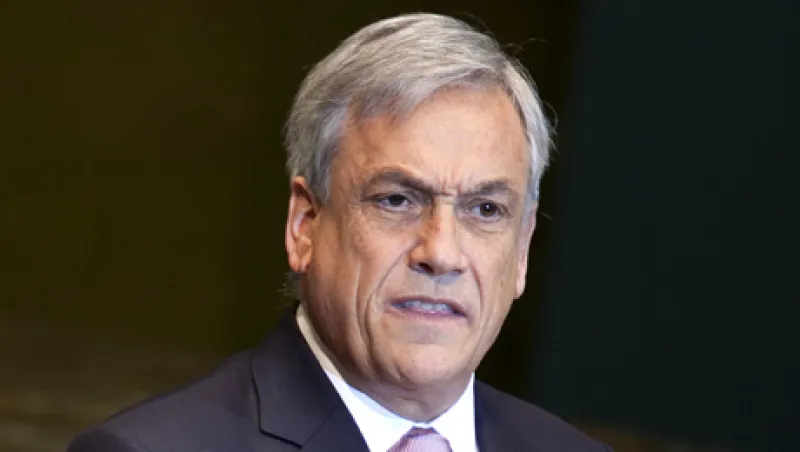
Chile’s Piñera Sees a New Era of European-Latin American Relations
President says region’s economic strength will enable Latin leaders to discuss trade and investment as equals with their EU counterparts.
Jonathan Kandell
January 22, 2013


